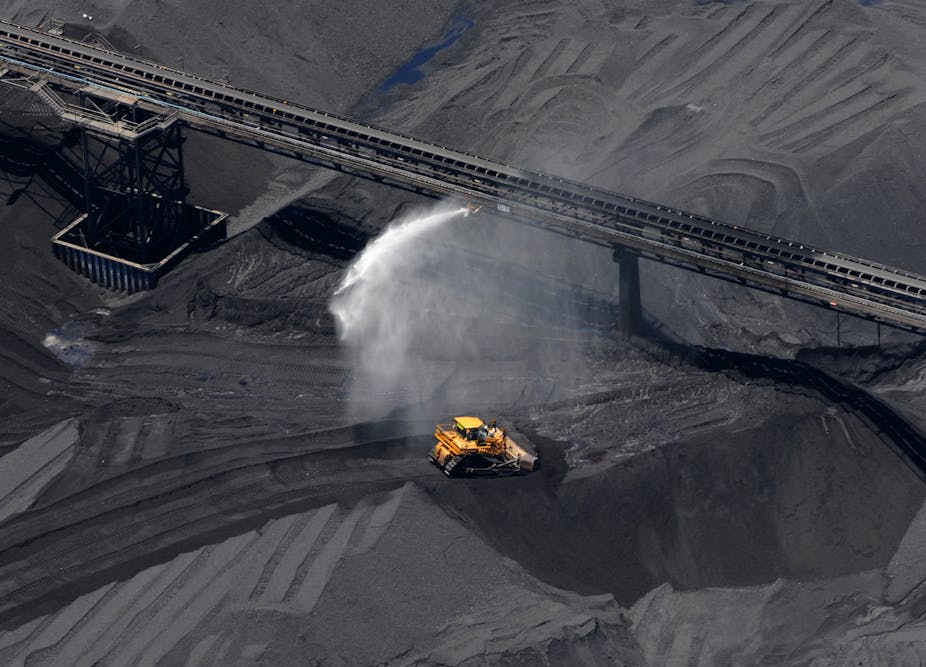Australia is the only country in the Group of Twenty nations less prepared for a low carbon emissions world than it was almost two decades ago, a report has found.
Since 1995, Australia’s reliance on polluting activities has grown relative to almost every other major economy, according to the report, produced by think tank the Climate Institute with support from multinational GE.
The report, released today, ranks Australia 16th out of 19 countries on a scale of preparation for a low-carbon world. It places France at the top, followed by Japan, Britain and South Korea. The only countries below Australia are India, Indonesia and Saudi Arabia.
The rankings are based on 19 measures, including emissions growth, energy generation, deforestation rate, air freight, export industries and investment in clean technology.
The report says that Australia has the lowest level of overall clean energy production, the second highest number of cars per capita, and fairly high deforestation and emissions per capita from the transport sector. However, the report does not anticipate Australia’s carbon price scheme and associated clean energy funding, which take effect from July.
John Connor, CEO of The Climate Institute, said that the ranking was a challenge to Australia to improve not only “its carbon competitiveness, but also how it cooperates with other nations in facing the climate challenge.
"Australia unfortunately in this index, which we’ve also back-dated to 1995 for the first time, is the only country among the G20 countries to have slid down the rankings in that time.
"Australia’s going backwards at a key time when it should be going forwards. It’s 16th among the G20 countries, and that’s partly because of its emissions-intensive electricity sector, the exports that we have, as well as broader inefficiencies and the way in which we’ve had some declining investment in education and infrastructure.”
The report says that Australia’s $23-a-tonne starting carbon price is not excessive compared to other carbon prices in economies like Norway, UK and Switzerland. “Free permits for Australian emission intensive trade exposed industries mean they face an initial price of $1 or $8.”
Norway, which charges $53 a tonne, Britain ($24-$30), Ireland ($24-$37) and Switzerland ($30-$60) are among countries that have higher prices than Australia, which will introduce its $23-a-tonne price in July.
Salim Mazouz, a Research Associate at the Centre for Climate Economics and Policy at Australian National University, said it may have been fair to characterise Australia as a “laggard” on climate policy in the past, but not anymore. “With a price of $23 to start off with, you’ve basically got a stronger price than pretty much anywhere else, including the EU by a long shot. I think that [reputation] wouldn’t be justified now, but it was justified before this legislation was passed.
"It’s clear that Australia’s got a long way to go in terms of getting the sorts of emission reductions that would be needed as part of an international coalition to [limit temperatures rises to a] 2-degree target. It depends very much on whether you’re looking at the contribution relatively, or in absolute terms.”
Australia had not fared “particularly well” with clean energy, he said, although that “could change after the carbon tax comes in because there’s earmarked revenue to go in that direction. The economic model in Australia is very much one where people think, look, let prices do what they do, and let the industry invest in what it invests in, so when it comes to renewable energy, it’s basically contrary to that philosophy.”

